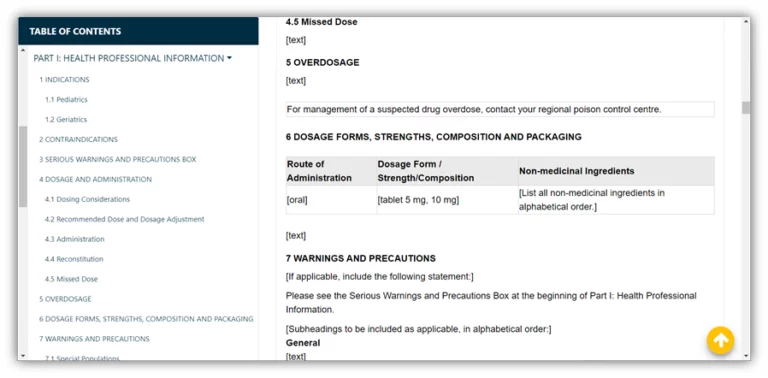
Health Canada has introduced a new questionnaire to track the inclusion of disaggregated data on sex, age, and race, in clinical trials.
What is disaggregated data?
Disaggregated data is the presentation of data broken into segments. For example, test results for marginalized groups versus the entire test population (i.e., the aggregate).
Health Canada uses disaggregated data to analyze the safety and efficacy of drug products. Such data can be used to assess the effect of a drug product between different populations. For example, women may respond differently to men to the same health product.
Why is this important?
Lack of diversity in clinical trial populations may result in situations where the benefit/risk of drug products is unclear for under-represented populations. For example, women, ethnic sub-populations, and specific age groups.
In a review of 167 new molecular entities by the US Food and Drug Administration (FDA) between 2008 and 2013, approximately 1 in 5 had differences in exposure, response across racial or ethnic groups, or both.1
Ideally, the diversity of clinical trial populations should reflect the population groups that will be using the drug product. Where clinical trial participants are primarily one gender or one racial group or ethnicity, results may not be generalizable.
If we can improve the diversity of our clinical trials, the clinical data we collect may allow us to better understand differences in treatment responses (if any). Hopefully, this information can help us to reduce disparities in outcomes.
Health Canada’s goals
The aim of clinical trials is to provide base evidence on the safety and efficacy of drug products. Collecting disaggregated data on sex, age, and race, will allow Health Canada to:
-
- Verify if clinical trial populations reflect the diversity of the types of people that will use the product
- Analyze the safety and efficacy of products by sub-populations
- Determine where post-market monitoring may be needed to verify safety and efficacy for certain populations
Although collecting disaggregated data is standard practice in clinical trials, Health Canada is looking to use this questionnaire to improve its capacity to collect such data. This is in support of Health Canada’s Sex- and Gender-Based Analysis Plus Action Plan.
Is it mandatory?
The questionnaire on disaggregated data was launched on October 3, 2022, and all sponsors are encouraged to complete it. By December 1, 2022, responses to the questionnaire will be mandatory.
The questionnaire will apply to clinical evidence for New Drug Submissions (NDS) and Supplements to New Drug Submissions (SNDS). Questions will be on the product information template for human drugs. Of note, responses to questions will not be used in the official regulatory review of the submission.
For information on our professional services in clinical affairs, please contact info@axsource.com
References
1Clark, Luther T., et al. “Increasing diversity in clinical trials: overcoming critical barriers.” Current problems in cardiology 44.5 (2019): 148-172.


